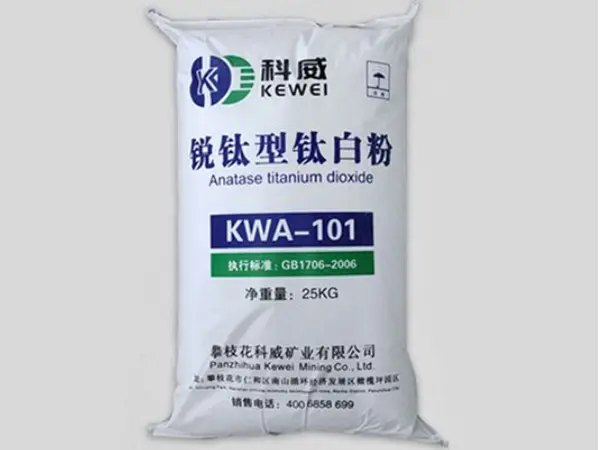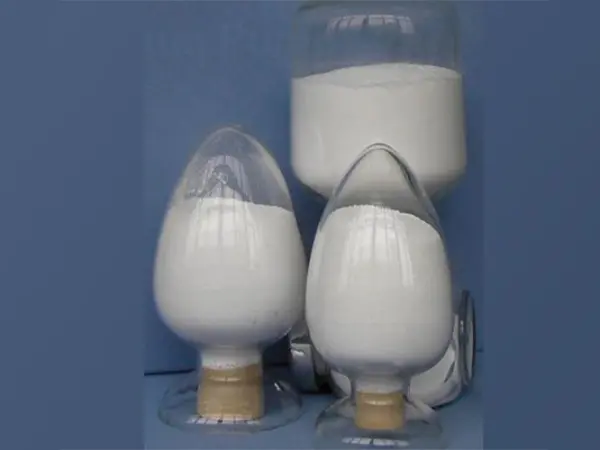Titanium dioxide, commonly known as TiO2, is a versatile and versatile compound with a wide range of applications across a variety of industries. Its unique properties make it an important ingredient in many products, from sunscreen to paint and even food. In this blog, we will explore the many uses of titanium dioxide and its importance in our daily lives.
One of the most well-known uses of titanium dioxide is in sunscreen and cosmetics. Because of its ability to reflect and scatter UV radiation, titanium dioxide is a key ingredient in sunscreen that protects against harmful UV rays. Its non-toxic nature and high refractive index make it ideal for use in skin care products, ensuring effective sun protection without causing skin irritation.
In addition to its role in skin care, titanium dioxide is widely used in the paint and coatings industry. Its high opacity and brightness make it a popular choice for adding whiteness and brightness to paints, coatings and plastics. This makes titanium dioxide an essential component in the production of high-quality, long-lasting paints and coatings that are used in everything from construction and automotive to consumer products.
Additionally, TiO2 is used in the food industry as a food additive and as a whitening and whitening agent in products such as candy, chewing gum, and dairy products. Its inertness and ability to enhance the appearance of food products make it a valuable ingredient in the food manufacturing process, ensuring products maintain their visual appeal and quality.
Another important application of TiO2 is the production of photocatalytic materials. TiO2-based photocatalysts are capable of degrading organic pollutants and harmful microorganisms under the influence of light and therefore can be used in environmental applications such as air and water purification. This makes TiO2 an environmentally friendly solution to tackle pollution and improve air and water quality.
Additionally, TiO2 is used in the production of ceramics, glass, and textiles, where its high refractive index and light-scattering properties enhance the optical and mechanical properties of these materials. TiO2 improves the durability and appearance of these products, making it an essential ingredient in the manufacturing of a variety of consumer and industrial products.
In summary, the uses of titanium dioxide (TiO2) are diverse and far-reaching, spanning industries such as skin care, paints and coatings, food, environmental remediation, and materials manufacturing. Its unique properties, including high opacity, brightness and photocatalytic activity, make it an important ingredient in a variety of products we encounter in our daily lives. As technology and innovation continue to advance, titanium dioxide’s versatile applications are likely to expand, further solidifying its importance across industries.
Post time: Jul-31-2024



